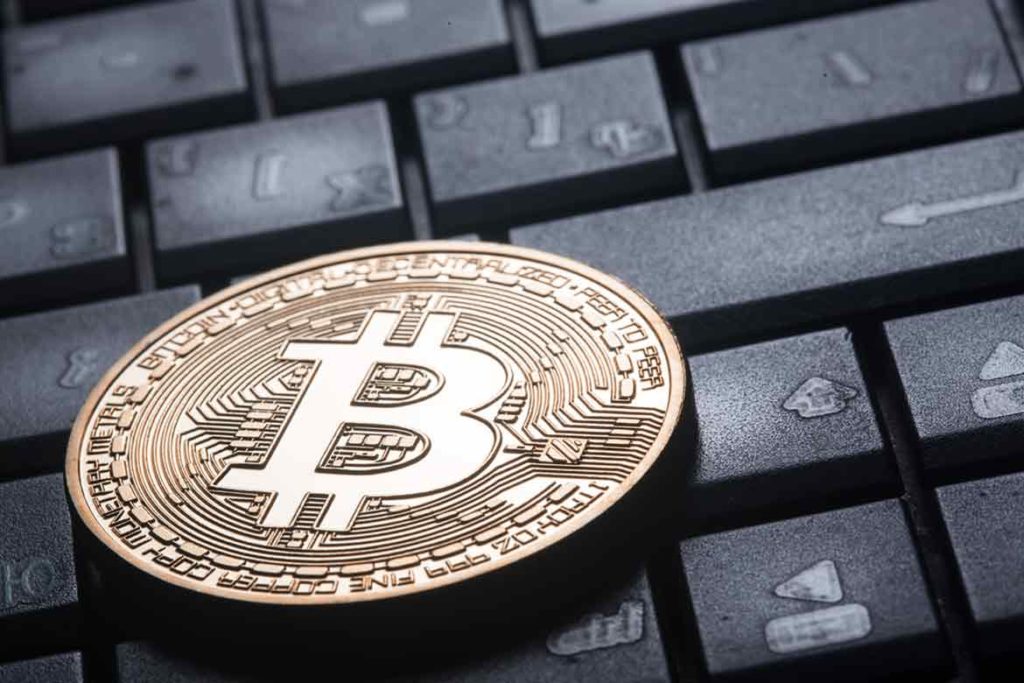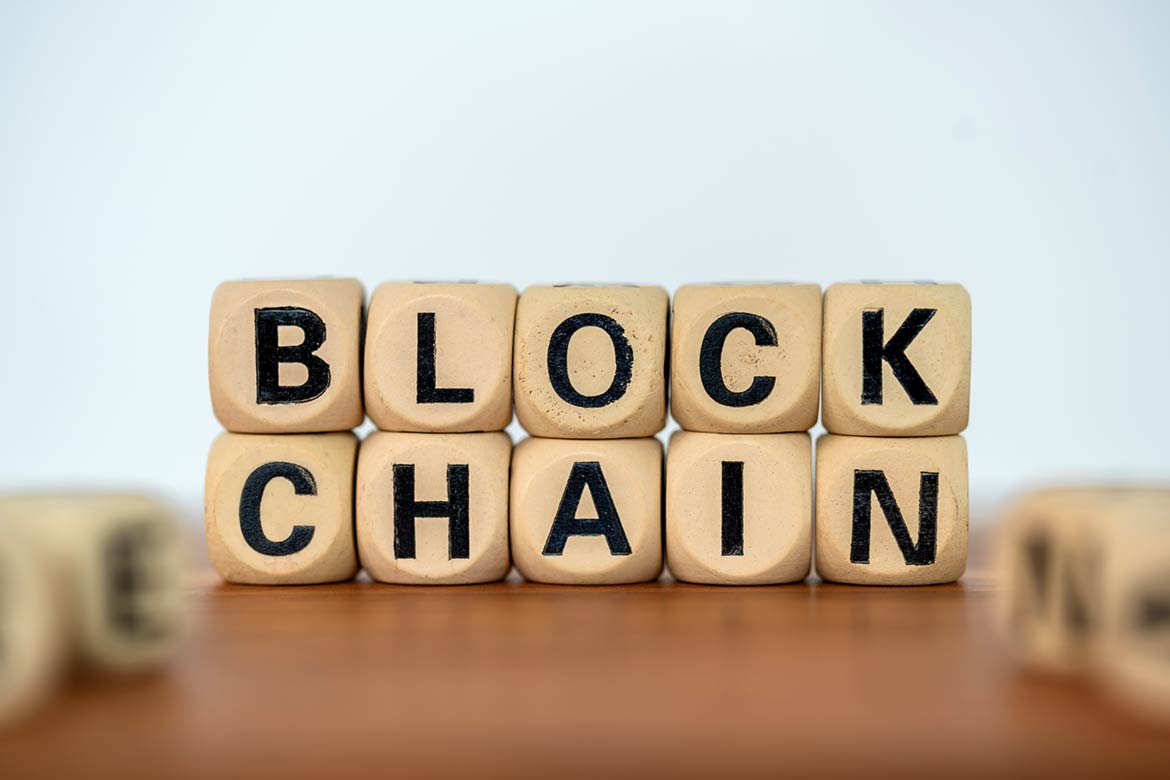The cryptocurrencies are once again soaring. People, across the world, areadopting this asset. Cryptocurrencies have great potential, but the technology on which these are based have much more potential. Yes, we are talking about Blockchain. Today we will see the wider applications of this technology.
What is Blockchain?
Blockchain is being considered a revolutionary technology for the economy of the future. However, not much information is available regarding the origin of this technology. It is believed that this blockchain technology was discovered to support cryptocurrency after the invention of bitcoin in 2008. It is the bedrock of cryptocurrencies, without which it is impossible to transact with bitcoin or any other cryptocurrency.
Just as the Internet was invented by connecting thousands and millions of computers, in the same way a long chain of data blocks (data) has been given the name of Blockchain.

Also read: Road Ahead For Booming Cryptocurrency Market In India
Blockchain technology is a combination of three different technologies, which include the Internet, personal ‘key’ cryptography (private key) i.e. keeping information secret and controlling protocols. In simple words, it is a digital ‘public ledger’, in which every transaction is recorded.Once a transaction is recorded in the blockchain, it can neither be deleted nor modified.
Due to the blockchain, transactions do not require a trusted third party such as a bank.It records the details of each transaction in a ledger after it is verified by network-connected devices.
How does it operate?
The technology allows transactions to be simultaneously anonymous and secure, peer-to-peer, instant and transparent.It does this by distributing trust from powerful intermediaries to a large global network that, through massive collaboration, code and cryptography, enables a public ledger of every transaction that will ever occur on the network. A block is the “current” part of a blockchain that records some recent transaction, and once completed, goes into the blockchain as a permanent database. Each time a block is completed, a new block is generated. The blocks are connected to each other (like a chain) in proper linear, chronological order with each block having a relationship to the previous block.
Why this tech is gaining popularity?
- Decentralization and transparency is the most important mechanism of blockchain technology, due to which it is being welcomed with great fervour.
- Blockchain is a technology that is designed as a program to record financial transactions. It is a digital system in which Internet technology is very tightly embedded. It can store blocks of similar information on its network.
- Blockchain has the capability of distributed database i.e. it acts like a distributed network. All the records in the database are not stored in a single computer but are distributed over thousands of millions of computers.
- Each computer on the blockchain can describe the entire history of each record. This database is encrypted. In the blockchain system, even if a computer fails, this system continues to work.
- Whenever new records are to be entered in it, it requires the approval of many computers.

What are its real-life applications?
- This primarily solves problems present in the existing system. It will reduce the payment settlement time. Moreover, Blockchain users say it solves the problem of ‘trust’. Because the major cost of any transaction or exchange of services or goods is the act of verification, companies like VISA charges a fee to attempt to ensure that your card swipe is linked to your account or asset. On the other hand, Blockchain transactions ask you to rely on the energy-intensive nature of mathematical problems and mark them as ‘locks’ to secure your money, confidential documents or any kind of information.
- Blockchain has the potential to optimize the delivery of public services, fight corruption and create significant value for citizens. By linking together (“chains”) all tasks and files (“blocks”) in a distributed and decentralized database and maintaining immutable and chronologically ordered records, the blockchain creates an efficient and cost-effective database that is virtually tamper-proof. By doing so, blockchain promises to create more transparent, accountable and efficient governments.
- Besides, greater tax compliance can be ensured using this technology.
- The banking sector will be completely different after its integration.
- In Realty sector also Blockchain can be used for registering the ownership and other transactions.If you’re buying or selling land, a house, you’ll need to transfer or receive a title. Instead of handling this on paper, blockchain can store titles on its network, allowing for a transparent view of this transfer, as well as presenting a crystal-clear picture of legal ownership.
- In the healthcare sector, this technology can be used as Public Health Registry.
- Blockchain also comes in particularly handy when it comes to monitoring supply chains. By removing paper-based trails, businesses should be able to pinpoint inefficiencies within their supply chains quickly, as well as locate items in real-time.
- With few precautions, this system can be used for online voting. This can provide a greater transparency to the elections.

